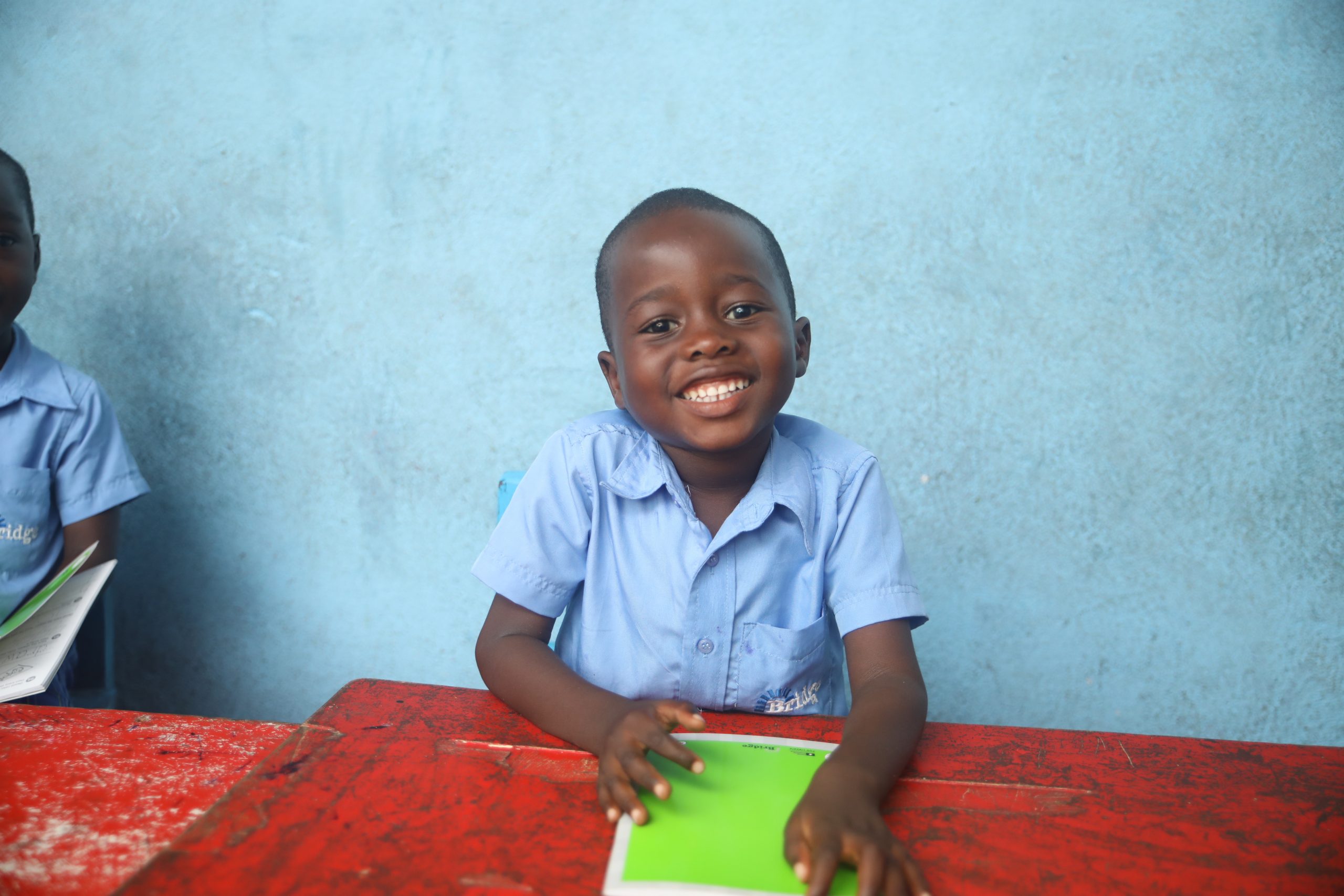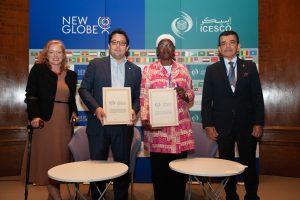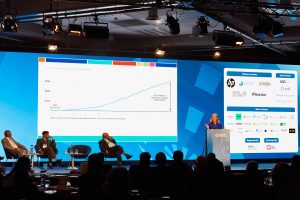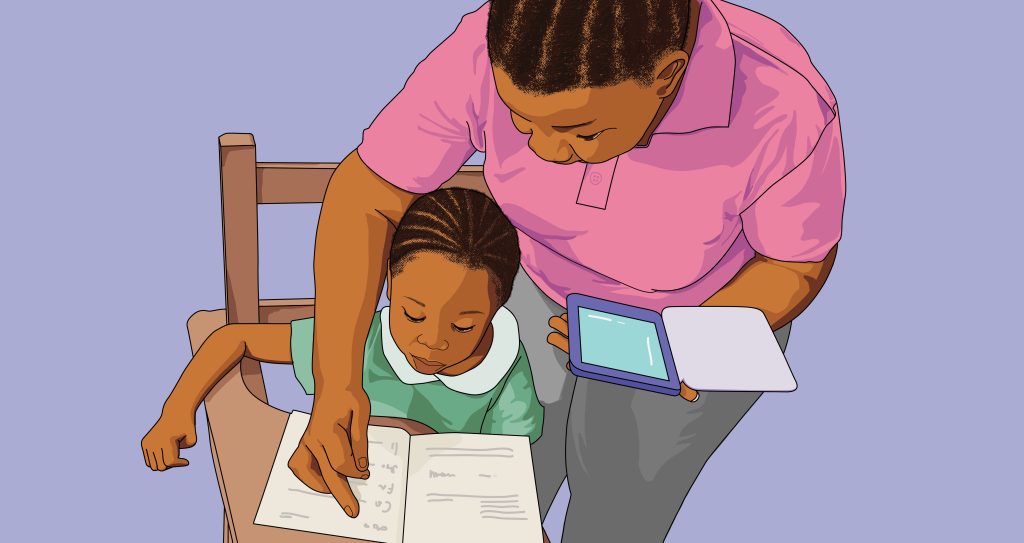Liberia’s closely watched education program
Lessons learned from one of the world’s most closely-watched education pilots
By: George Kronnisanyon Werner, Former Education Minister of Liberia
Results from a three-year evaluation of a ground-breaking education pilot in Liberia offers lessons to leaders across the world who want to transform their education systems.
Four years ago, as Liberia’s new Minister of Education, I inherited an educational system in a state of emergency and crisis. 35% of our young women and 21% of our young men could not read a single sentence. Only 39% of women across the country had completed primary school. Coming out of a brutal civil war and a severe outbreak of Ebola, many of our schools were destroyed and many teachers had been killed. As the fourth poorest country in the world, our education budget was severely constrained.
Having read the Brookings Institution’s prediction that it would take children in the developing world as long as one hundred years to catch up with their counterparts in the developed world, I refused to accept that Liberia had to wait a century for our children to succeed. I knew we couldn’t afford to play it safe – leaving millions more children behind. Instead, we embarked on a bold experiment to disrupt the status quo, jumpstart a cycle of positive change, and leapfrog improved learning outcomes.

The Partnership Schools for Liberia three-year pilot (now known as LEAP) was intended to leverage international expertise and funding to test innovative approaches and bolster our ailing national education system. As a government, we chose six leading education providers and two local providers to test new approaches for improving teaching and learning in our public schools.
Mindful that these models had to work within the Liberian context to be successful, we required them to use Liberian teachers and principals on the public payroll, meet and enhance the standards of the Liberian national curriculum, and provide education free of charge to families. We also required them to help fundraise until the Ministry was in a position to cover the anticipated costs of the program, which were a total of $100 a student per year, one of the lowest in Africa.
Alongside the program, we commissioned one of the first independent evaluations into educational private-public partnerships to measure which models were most successful in improving learning outcomes and which interventions could be easily adapted and implemented into the broader school system. After the first year’s results showed that students in participating schools were learning 60% on average more than their peers in other public schools (albeit from a very low starting point), we expanded the number of schools from 93 to about 200.
The final evaluation was published last month, showing that overall students benefited from an additional year of learning. However, this benefit was not shared equally across the schools. Of the eight school providers, three didn’t deliver any change in learning. The other five delivered significant learning gains – albeit within a differing range of scale and statistical significance – up to five times more than the program average which equated to an additional two years of learning. We now need to delve into the data to understand exactly why these gains were made so that they can impact on learning for all children across Liberia and potentially provide lessons for other countries facing similar challenges.
Our experience also illustrates some of the difficult choices that governments with limited resources face when embarking on ambitious reforms. Following the 2016/17 school census, there was an uptake in enrolment across all schools, resulting in double and triple shifts schools, with increased class sizes and much shorter school days. When we introduced the Partnership Schools for Liberia program, we knew that by lengthening the school day and capping class sizes, we would be displacing some students who would need to find places in other schools. However, we also had serious concerns about overcrowding, and we knew it was crucial to test the impact that these interventions would have on learning gains. The authors of the independent evaluation term this as “mass expulsion”. That is disingenuous and doesn’t capture the full picture.
Designing, implementing and continuing a program that was disrupting the status quo was hard. But I am bolstered by the knowledge it serves as a model for high quality education in government schools that can be scaled not only in Liberia or even just in Africa, but in any country around the world that is recovering from conflict or crisis and needs to rebuild its education system. Africa needs proven and meaningful partners to get to quality and equity in government schools. That is not privatization. That is government leadership, with a pragmatic solution.
The international community’s interest may wane now that the three-year study is done, but my interest and the interest of Liberia’s government won’t. Neither will the interest of parents across Liberia. Our country has just delivered one of the most innovative public private partnerships in the world which, by the evaluators own data, has successfully improved learning outcomes for tens of thousands of children.



